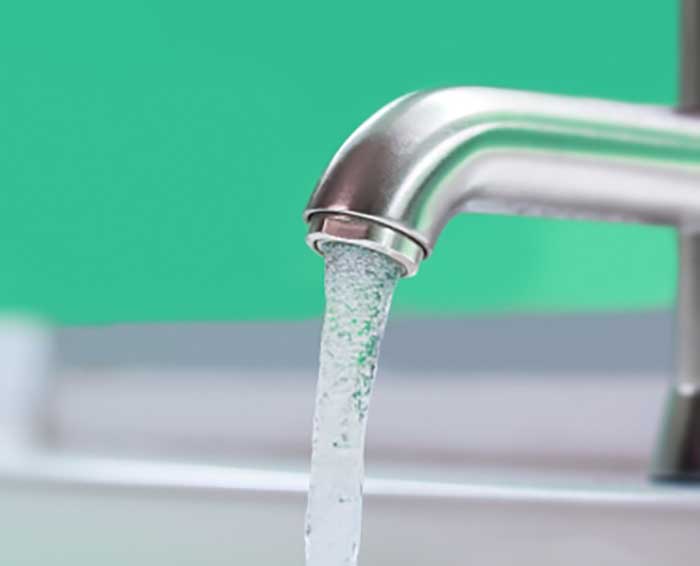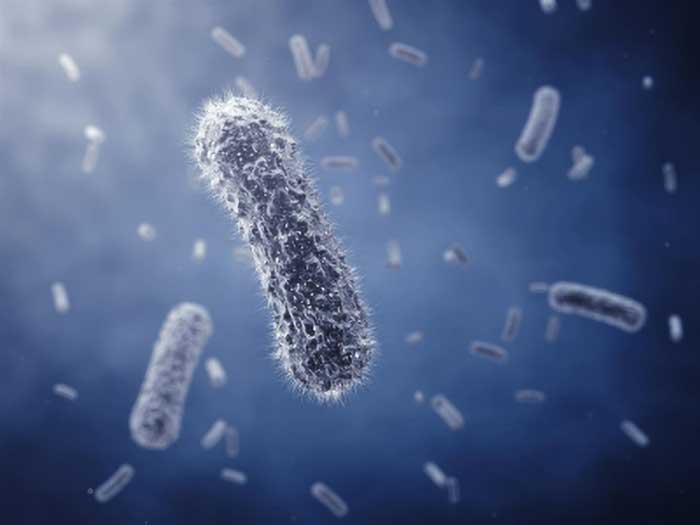Why Does My Sink Smell?
It is not uncommon for homeowners to encounter unpleasant odors in their household sinks or water, and when they do, they want to go to the source of the problem and find out what is causing their water or sinks to smell unpleasant.
If you are experiencing an unpleasant odor in all of your water faucets, then you most likely have a problem with the main water supply. On the other hand, if the smell is only coming from certain faucets, the problem is probably located in the fixtures or pipes involved in those specific faucets.
Does Your Sink Smell Like Rotten Eggs or Sewage?

If you are experiencing a rotten egg (sulfurous) or sewage-like odor in certain sinks, it is likely a result of bacterial activity, which can be caused by bacteria growth inside the drain: This is the most common cause behind foul odors. As time goes by, hair, soap, and other organic matter accumulate in the walls of the drain, causing a gas that smells like rotten eggs or sewage.
How do you tell if the odor is coming from the drain? Fill a glass with water from the sink that smells, then step away from that sink and swirl the water in the glass a couple of times. If the tap water in the glass does not smell, then the problem is the drain and you will want to disinfect and flush the drain.
Another Cause of Odors: Water Heaters
Foul odors can also originate in plumbing systems, or in water heaters. When organic matter is trapped in the plumbing, it can release sulfur or sewage-like odors that interact with the chlorine in the water, so when you run your hot water, these bacteria and enzymes can cause that rotten eggs smell.
While foul odors can be coming from the drain, they can also originate from water heaters that have not been used in a while. When you move into a house that has a water heater that has not been used for some time, we recommend flushing the system.
Three Bacteria Your Sink May Be Hosting
Your shiny new kitchen sink may provide luxury living quarters for a variety of microorganisms harmful to human health. High moisture levels common to areas around kitchen sinks create optimal conditions for bacteria to thrive. In fact, it’s been estimated that a kitchen sink may contain more bacteria than your bathroom sink.

Some common forms of harmful bacteria found in kitchen sinks include:bacterias
- Salmonella – Kitchen sinks regularly exposed to fresh produce, raw meat, eggs, or dairy products have an elevated risk of carrying salmonella bacteria, which can cause dangerous gastrointestinal illnesses.
- Coli – Sinks can carry e. Coli bacteria, which can also cause some very serious gastrointestinal illnesses, some of which can be fatal.
- Staph – Staph thrives in moist conditions, and the area around a kitchen sink is optimal for their propagation. Staph can cause a host of illnesses, including wound infections, toxic shock, pneumonia, and food poisoning.
To reduce your risk of infection from kitchen bacteria in Kansas City, KS, be sure to scrub your drain, sink, and spigot with disinfectant regularly, reduce moisture by wiping down the sink after use, and quickly fix any clogged drains in your sink to prevent the accumulation of bacteria.
Garbage Disposals Can Cause a Smelly Sink
Food debris that is trapped in your garbage disposal can cause foul odors. Like a p-trap that has gunk buildup, a dirty garbage disposal with old food waste and rotten food can cause quite the unpleasant odor.
Using baking soda and a cup of vinegar, or boiling water and dish soap, white vinegar, citrus peels or other drain cleaners, can help ensure that the garbage disposal and any blockages from a buildup of food particles that are causing the kitchen sink smells, or a clog in the kitchen sink drain pipe that is causing a bad smell, are all taken care of before it gets too far. Using ice cubes and coarse salt to keep the grinding components clean can help, but know that the ice cubes usually melt before it can completely clean the garbage disposal.
DIY methods for removing sewer smells and drain smells, or maintaining your plumbing system will help keep the drain trap clear, running water from backing up, and help prevent having a professional plumber come out to investigate the sewer gas smell or plumbing problems to see why you have a stinky sink.
Plumbing Vents May Also Cause Unpleasant Odors From The Kitchen Sink
Your home’s plumbing system is built around having a drain vent, or plumbing vent, and if you run into a clogged vent situation, where air pressures are off and gases cannot correctly flow, you can start to catch whiffs of sewer gas or other foul odors, whether running cold water or hot water.
Sink traps, drain traps and other parts of your plumbing system can be affected by a clogged vent, and if you’re having issues with a clogged vent, broken garbage disposal or kitchen sink smells that you cannot get rid of, call A-1 Sewer & Septic Service.
We have professional plumbers on staff and can help keep kitchen sinks and other household plumbing working properly, allowing your home to be a safe, sanitary environment. Serving Kansas City in Missouri and Kansas, A-1 Sewer & Septic Service has nearly half a century of experience in plumbing and related skills.



